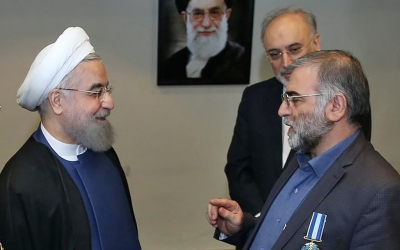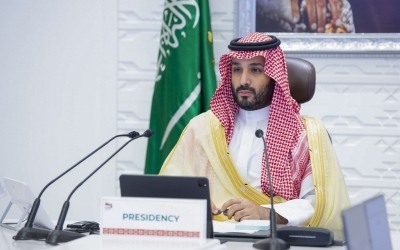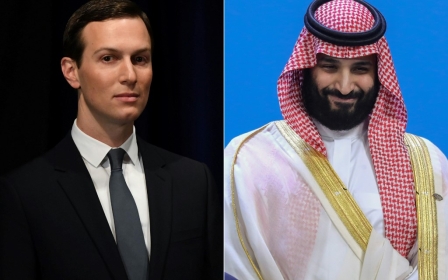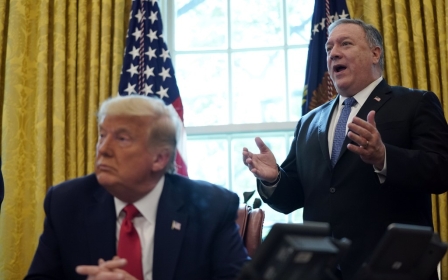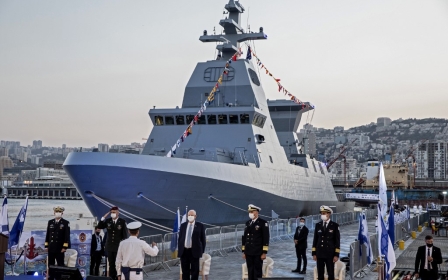Saudi diplomat ridiculed for claiming Riyadh does not 'engage in assassinations'
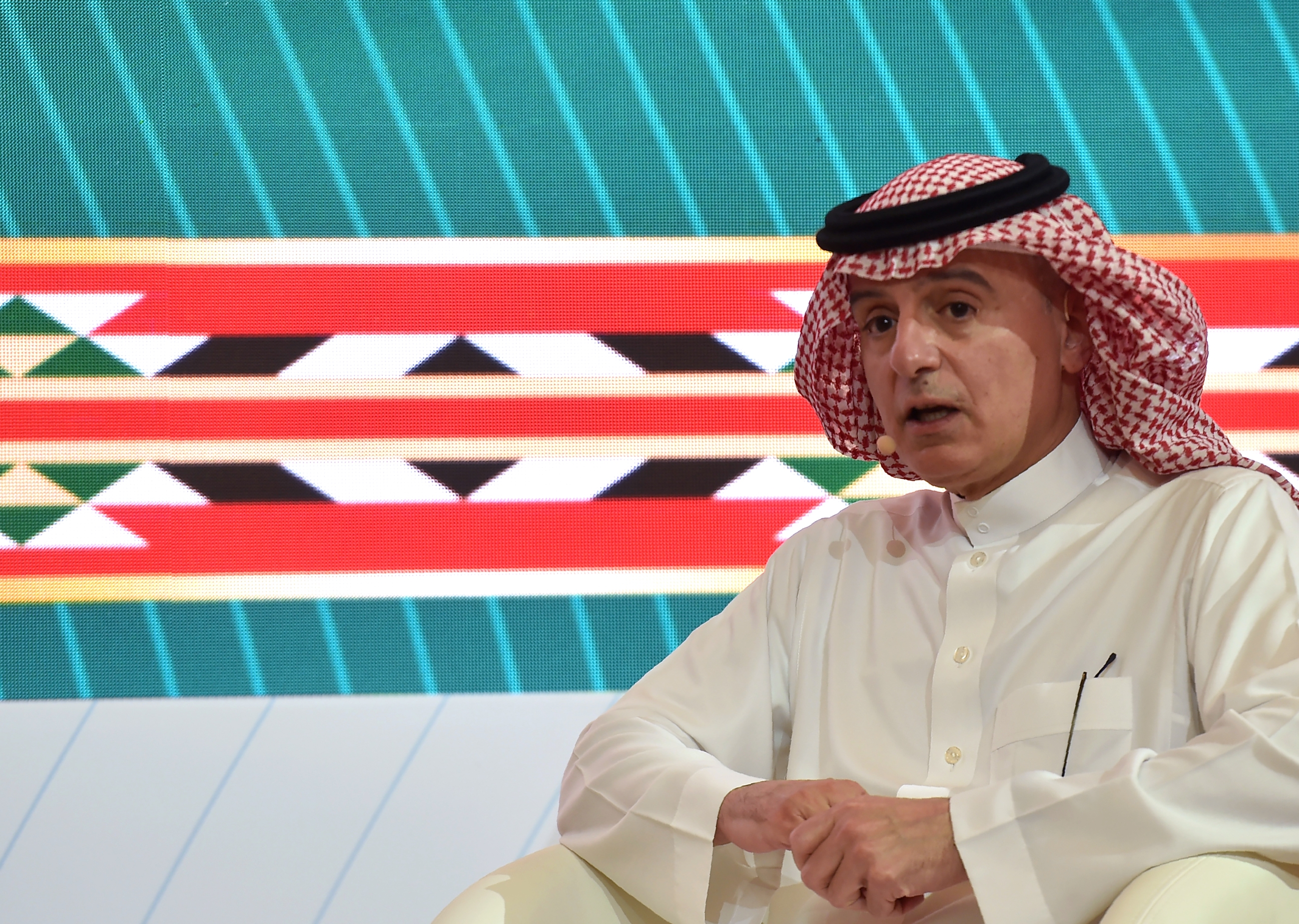
A senior Saudi diplomat has come under fire for claiming on Twitter that the kingdom does not "engage in assassinations" in response to accusations suggesting Riyadh had a hand in last week's killing of a top Iranian nuclear scientist.
Adel al-Jubeir, who serves as the kingdom's minister of state for foreign affairs, faced ridicule after defending Riyadh against accusations of being involved in the killing of Iranian scientist Mohsen Fakhrizadeh by saying that Saudi Arabia did not assassinate people, "unlike Iran".
New MEE newsletter: Jerusalem Dispatch
Sign up to get the latest insights and analysis on Israel-Palestine, alongside Turkey Unpacked and other MEE newsletters
Critics were quick to remind the Saudi diplomat of the murder of journalist Jamal Khashoggi at the hands of Saudi government agents at the kingdom's consulate in Istanbul two years ago.
Iran's Foreign Minister Mohammad Javad Zarif, in a post to Instagram on Monday, suggested an alleged covert meeting in Saudi Arabia between Crown Prince Mohammed bin Salman and Netanyahu was a factor behind Fakhrizadeh's assassination.
"Iranian Foreign Minister Zarif is desperate to blame the kingdom for anything negative that happens in Iran," Jubeir responded. "Will he blame us for the next earthquake or flood?"
"It is not the policy of Saudi Arabia to engage in assasinations; unlike Iran, which has done so since the Khomeini Revolution in 1979," he continued.
Killing Jamal Khashoggi
Responses invoking the October 2018 murder and dissmemberment of Khashoggi immediately followed Jubeir's post.
Khashoggi, a 59-year-old journalist who wrote for the Washington Post and Middle East Eye, was visiting the kingdom's consulate to get documents needed to officiate his marriage to Turkish fiancee Hatice Cengiz, who has become a leading advocate seeking accountability for his assassination.
In response to Jubeir's tweet, Iran's UN mission spokesman Alireza Miryousefi posted a screenshot of a Guardian article entitled "Saudi Crown Prince wanted to go after Jamal Khashoggi 'with a bullet'".
One commenter asked if Khashoggi "died in his sleep", while others left images and gifs of the slain journalist, dark jokes and links to critical news articles.
Sunjeev Bery, executive director of the advocacy group Freedom Forward, compared Jubeir's claim to something one might find on a satire website, asking in a tweet "Is this account run by @TheOnion?".
Saudi Arabia initially denied Khashoggi's killing, insisting he had left Riyadh's diplomatic post alive. But weeks after the murder, officials acknowledged the journalist had been killed. Still, they maintain the assassination was a rogue operation that took place without approval or knowledge of top officials.
Who killed Mohsen Fakhrizadeh?
The killing of Fakhrizadeh on Friday has escalated tensions across the region, with Iranian officials vowing to avenge the slain scientist.
No one has claimed responsibility for the assassination, but Iranian officials have blamed the United States and Israel, a frequent accusation levelled by the Islamic Republic, which has seen five of its top nuclear scientists killed in hit jobs during the past 10 years.
Both the US and Israel have declined to comment on the assassination of the scientist.
Another senior Iranian official said Tehran suspected the Mojahedin e-Khalq (MEK), an overseas-based opposition group, was complicit - with Israel - in the killing of Fakhrizadeh. The group has also rejected the accusation.
Bahrain, Kuwait, Oman, Qatar and the United Arab Emirates have all formally condemned the killing, but Saudi Arabia, which has been engaging in ramped-up rhetoric against Iran as of late, has declined to do so.
Asked in an interview with Russian broadcaster RT on Tuesday to comment on the killing, Riyadh's United Nations envoy similarly said the kingdom "did not support the policy of assassinations at all".
Earlier on Wednesday, Tehran demanded the United Nations Security Council condemn the killing of Fakhrizadeh and take action against those responsible, but diplomats say the call is likely to go unheeded.
At a minimum, the 15-member body could discuss Friday's killing behind closed doors if a member requests such a meeting, or it could agree on - by consensus - a statement on the issue.
Middle East Eye delivers independent and unrivalled coverage and analysis of the Middle East, North Africa and beyond. To learn more about republishing this content and the associated fees, please fill out this form. More about MEE can be found here.


